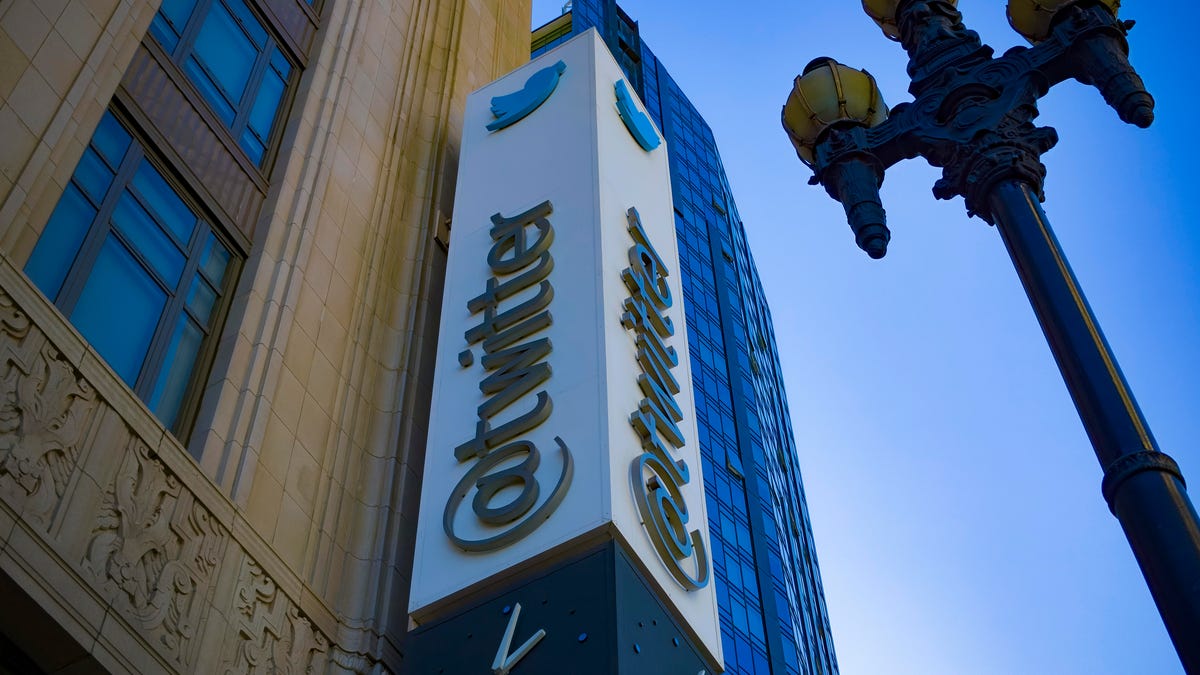Study: Twitter is a 'toxic place' for women
Female journalists and politicians received a "problematic" or "abusive" tweet every 30 seconds on average, says a study by Amnesty International and Element AI.

Twitter headquarters in San Francisco.
Twitter can be a toxic place for female journalists and politicians, and online abuse is even worse if you're a black woman, a study by Amnesty International and Element AI found.
Using volunteers, the groups examined 288,000 tweets that mentioned 778 female politicians and journalists in the UK and US last year. About 7.1 percent of the tweets sent to these women were "problematic" or "abusive," the study found. On average, women received these harmful tweets every 30 seconds.
Abusive tweets are posts that violate Twitter's online rules, including death threats and racist tropes. Problematic tweets can reinforce gender or racial stereotypes but might not reach the level of abuse, the organizations said. A tweet that read "Be a good girl... go wash dishes" was an example of a problematic post.
Black, Asian, Latino and mixed-race women were 34 percent more likely to be the target of abuse or harassment than white women. Black women were 84 percent more likely than white women to be subjected to threats, racial slurs and other abusive tweets. Both liberal and conservative women were the targets of online abuse.
Twitter has been under fire for years for not doing enough to combat online harassment and abuse. In October, the company apologized for failing to pull down a death threat sent to Rochelle Ritchie, a former press secretary for Congress, from pipe-bomb suspect Cesar Sayoc.
"Online abuse against women on this scale should not and does not have to exist on social media platforms," the report said. "Companies like Twitter have a responsibility to respect human rights, which means ensuring that women using the platform are able to express themselves freely and without fear."
Vijaya Gadde, legal, policy and trust & safety global lead at Twitter, said in a statement that the company is committed to improving the health of the platform and welcomes discussion around what the tech firm should do about "problematic" tweets.
The company relies on computers and human reviewers to determine whether a tweet is abusive and violates Twitter's online rules.
"Twitter's health is measured by how we help encourage more-healthy debate, conversations and critical thinking. Conversely, abuse, malicious automation, and manipulation detract from the health of Twitter," Gadde said. "We are committed to holding ourselves publicly accountable towards progress in this regard."
The study acknowledged it had some limitations. It looked only at tweets that mentioned women in certain professions and didn't include deleted tweets or those from accounts that were suspended in 2017.
CNET's Holiday Gift Guide: The place to find the best tech gifts for 2018
Infowars and Silicon Valley: Everything you need to know about the tech industry's free speech debate.

